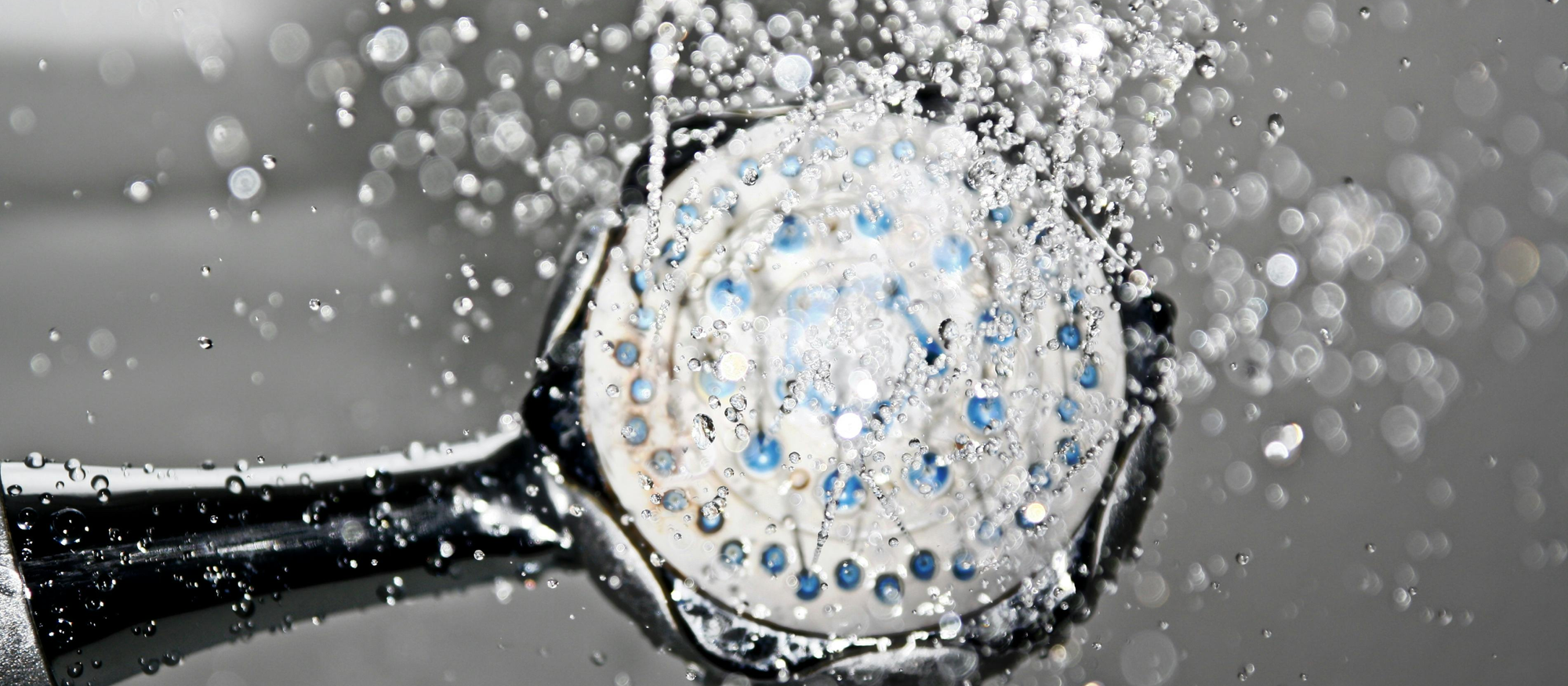

In today's eco-conscious world, homeowners and businesses alike are constantly on the lookout for energy-efficient solutions to their everyday needs. One such solution that has been gaining popularity due to its efficiency and cost-effectiveness is propane water heating. This blog post explores the benefits of choosing propane as your water heating solution, highlighting its faster heating times, lower energy costs, and overall efficiency.
Understanding Propane Water Heaters
Propane water heaters operate on liquefied petroleum gas, a clean-burning fuel that offers several advantages over its electric and natural gas counterparts. They come in two main types: tankless or on-demand propane heaters and storage tank propane heaters. Each type offers a unique set of benefits tailored to meet different hot water needs efficiently.
Faster Heating Times
One of the most significant advantages of propane water heaters is their ability to heat water faster than electric models. Propane water heaters can provide a substantial volume of hot water in a fraction of the time it takes an electric heater. For example, a tankless propane water heater can supply hot water almost instantly, ensuring that you never run out of hot water when you need it most. This feature is particularly beneficial for large families or businesses that demand a constant and immediate supply of hot water.
Lower Energy Costs
Propane water heaters are not only efficient in terms of heating speed but also in energy usage. They tend to have a higher Energy Factor (EF) rating compared to electric heaters, meaning they convert a greater portion of energy into hot water while minimizing waste. This efficiency translates into lower operating costs over time. Additionally, since propane is a more energy-dense fuel, you'll use less fuel to achieve the same amount of hot water, further reducing your energy bills.
Environmental Benefits
Choosing propane water heaters also offers environmental benefits. Propane burns cleaner than other fossil fuels, producing fewer greenhouse gases and pollutants. This makes it a more environmentally friendly option for water heating. By opting for propane, you contribute to reducing the carbon footprint, aligning with global efforts to combat climate change.
Reliability and Longevity
Propane water heaters are known for their reliability and longevity. They typically last longer than electric water heaters, with many models operating efficiently for up to 20 years with proper maintenance. This durability means fewer replacements and repairs, saving you money and hassle in the long run.
Safety and Ease of Installation
Propane water heaters are designed with safety in mind, equipped with features to prevent leaks and ensure safe operation. Moreover, they are versatile in installation options, allowing for both indoor and outdoor setups depending on your space and needs.
Making the Switch to Propane Water Heating
Transitioning to a propane water heater is a smart investment in your home or business's energy efficiency and cost savings. With faster heating times, lower energy costs, environmental benefits, and unmatched reliability, propane stands out as an excellent choice for water heating needs. Tankfarm can help make that switch simple with our convenient sign up process and our always fair and transparent pricing.
Before making the switch, consider consulting with a professional to assess your specific hot water requirements and determine the best propane water heater model for your situation. By choosing propane, you're not just selecting a water heater; you're making a commitment to efficiency, sustainability, and cost savings.
In conclusion, propane water heaters offer a compelling array of benefits that make them a superior choice for anyone looking to improve their water heating system's energy efficiency. From their rapid heating capabilities to their environmental friendliness and cost-effectiveness, propane water heaters represent a smart move for the eco-conscious consumer. Make the switch to propane today and experience the difference in efficiency, cost savings, and environmental impact.















